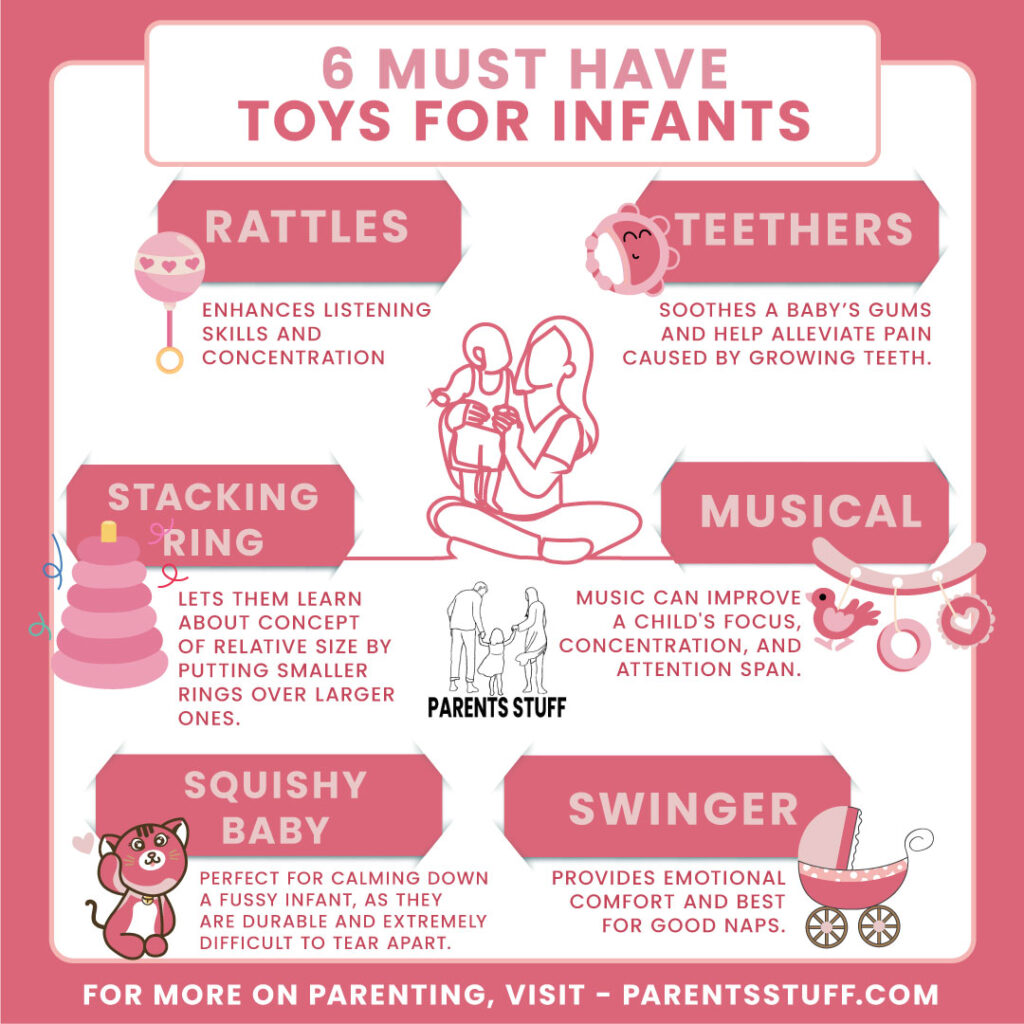The delicate nature of a baby’s digestive system is a paramount concern for parents, as it plays a crucial role in their overall well-being and development. As infants navigate the early stages of life, their digestive systems are still in the process of maturing, making it essential for caregivers to provide the necessary support. In this guide, we will explore a myriad of ways to improve baby’s digestive system, ensuring a healthy start to their journey through infancy and beyond.
- Understanding the Basics:
Before delving into specific strategies, it’s imperative to understand the basics of a baby’s digestive system. At birth, a baby’s digestive tract is still developing, and their digestive enzymes are not fully matured. This makes them more susceptible to digestive issues such as colic, gas, and reflux. Breast milk or formula serves as the primary source of nutrition, providing essential nutrients for growth and development.

- Breastfeeding Benefits:
Breastfeeding is widely acknowledged as one of the most effective ways to nurture a baby’s digestive system. Breast milk is not only a complete source of nutrition but also contains antibodies that support a baby’s immune system. The composition of breast milk is tailored to the baby’s specific needs, aiding in the development of a healthy gut microbiome. The act of breastfeeding itself also promotes the development of the baby’s jaw and facial muscles, contributing to improved digestion.
- Choosing the Right Formula:
For parents who opt for formula feeding, choosing the right formula is crucial. Selecting a formula that closely mimics the composition of breast milk can support the baby’s digestive system. Some formulas are designed to be easier to digest, reducing the likelihood of digestive discomfort. Consulting with a pediatrician can provide valuable guidance in choosing the most suitable formula for your baby’s unique needs.
Visit: what to feed toddlers with diarrhea
- Introduce Probiotics:
Probiotics are beneficial bacteria that contribute to a healthy gut microbiome. Introducing probiotics to your baby’s diet can aid in the development of a balanced and robust digestive system. Probiotics can be found in certain types of yogurt specially formulated for infants or in the form of supplements recommended by a pediatrician. These friendly bacteria play a vital role in promoting a healthy balance in the digestive tract.
- Gradual Introduction of Solid Foods:
As your baby grows, the introduction of solid foods is a significant milestone. It’s essential to approach this transition gradually, starting with single-ingredient purees and progressing to more complex textures. This gradual introduction allows the digestive system to adapt and reduces the risk of allergies or sensitivities. Additionally, offering a variety of fruits, vegetables, and grains ensures a diverse range of nutrients that contribute to a well-functioning digestive system.

- Hydration is Key:
Maintaining proper hydration is crucial for a healthy digestive system. For infants, this primarily involves ensuring an adequate intake of breast milk or formula. As solid foods are introduced, incorporating water into the diet becomes important. Staying hydrated helps prevent constipation and supports the overall functioning of the digestive tract.

- Baby Massage for Digestive Comfort:
Gentle baby massages can provide both comfort and support for the digestive system. Massaging the baby’s tummy in a clockwise motion can help relieve gas and promote bowel movements. It’s important to use gentle, soothing strokes, creating a bonding experience between caregiver and baby while facilitating digestive comfort.

- Recognizing and Addressing Food Allergies:
Food allergies can have a significant impact on a baby’s digestive system. Common allergens include dairy, nuts, and gluten. Paying attention to any signs of allergies, such as rashes, hives, or changes in bowel habits, is crucial. If there are concerns about potential allergies, consulting with a pediatrician and, if necessary, conducting allergy tests can help identify and address any allergens that may be affecting the baby’s digestive health.
Visit: tips for childproofing
- Promoting a Calm Feeding Environment:
Creating a calm and relaxed feeding environment can positively influence a baby’s digestion. Minimizing distractions, ensuring a comfortable feeding position, and allowing for adequate burping after feedings are essential practices. This not only aids in digestion but also fosters a positive association with feeding, promoting a healthy relationship with food as the baby grows.

- Regular Pediatric Check-ups:
Regular check-ups with a pediatrician are fundamental to monitoring a baby’s digestive health. Pediatricians can provide guidance on feeding practices, address any concerns or issues, and ensure that the baby is reaching appropriate developmental milestones. Open communication with the healthcare provider allows for timely intervention if any digestive issues arise.
Visit: how to put your baby to sleep
Conclusion:
In the intricate journey of parenthood, ensuring the well-being of your baby’s digestive system is a top priority. From the fundamental choices of breastfeeding or formula feeding to the gradual introduction of solids and the incorporation of probiotics, every decision plays a role in shaping a healthy digestive foundation. Remember, a calm feeding environment, regular pediatric check-ups, and swift recognition and addressing of any potential food allergies contribute to a holistic approach to digestive well-being.
In embracing these comprehensive ways to improve your baby’s digestive system, you lay the foundation for a lifetime of good health and well-being. As caregivers, we have the power to nurture little tummies, fostering a digestive system that thrives. So, embark on this journey with confidence, armed with knowledge and a commitment to the digestive health of your precious little one.

